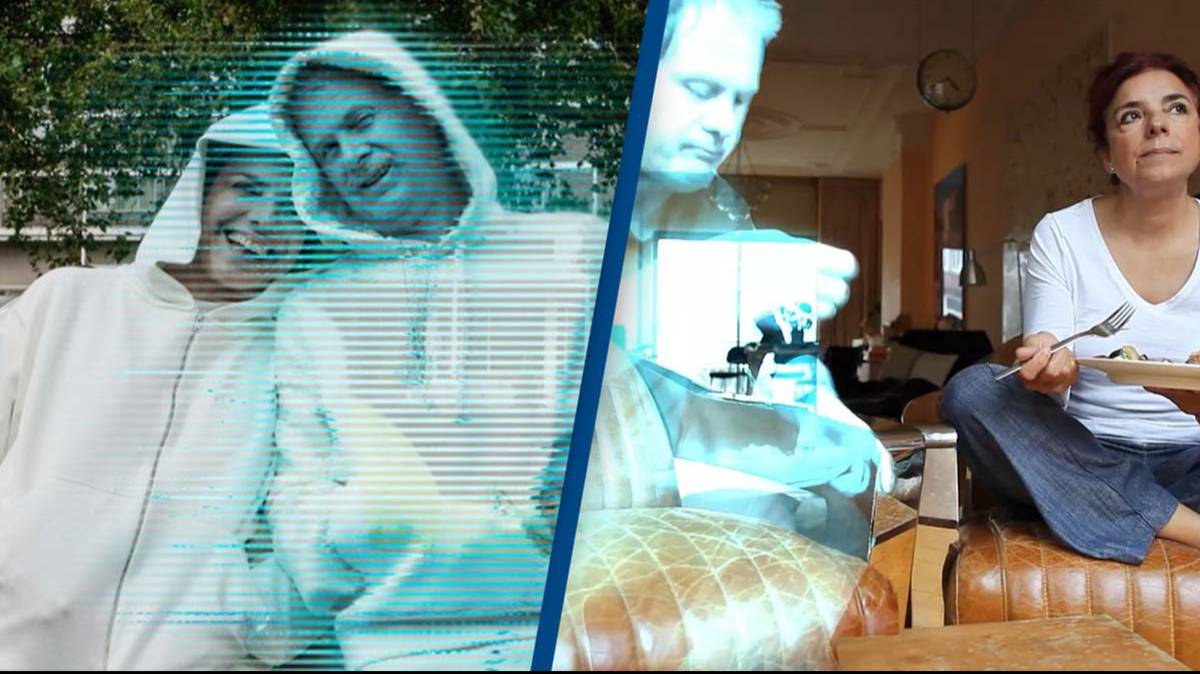In our recent session at the MIT AI Venture Studio, we had the privilege of hosting Alex Wissner-Gross, a distinguished computer scientist and MIT alumni, renowned for his innovative ideas in the realm of general AI.
Wissner-Gross introduced some intriguing concepts that prompted a fresh perspective on the evolution of artificial general intelligence (AGI). He likened the transition to AGI as an inevitable historical milestone, drawing parallels to the trend in physics where systems gravitate towards energy-dense forms of consumption. He emphasized that major advancements in energy fundamentally stem from various forms of compression.
Expanding on this notion, Wissner-Gross posited that by effectively compressing human knowledge, a form of intelligence emerges. Drawing from the research of scientists Marcus Hutter and Jurgen Schmidhuber, he highlighted the significance of data aggregation from the collective intelligence of all human minds in driving the development of strong AI.
In a thought-provoking revelation, Wissner-Gross articulated the concept of “technical determinism” to encapsulate this phenomenon. He underscored the role of compression in encapsulating knowledge, citing examples like books and the Internet as prime illustrations of compressed intelligence.
Transitioning to the practical implications of AI in the business landscape, Wissner-Gross underscored the potential for AI to revolutionize various sectors, particularly in service-oriented industries constituting a significant portion of the U.S. GDP. Encouraging students to explore untapped verticals, he envisioned a future where artificial general intelligence could replace human labor across diverse domains, presenting numerous lucrative opportunities in the coming years.
In urging students to venture into unexplored territories and leverage emerging technologies, Wissner-Gross envisioned a landscape where technological advancements, such as Large Language Models (LLMs) and tool-using systems, would catalyze automation and legacy system migration in markets. The discourse also featured insights from investor Mark Castleman of Intel Ignite, who emphasized the importance of innovative thinking and identifying unconventional opportunities amidst the influx of technological advancements.
As the session concluded with discussions on niche verticals, data utilization strategies, and practical model implementation guidelines, Wissner-Gross’s profound reflections on the fusion of data compression and intelligence resonated with attendees, sparking contemplation on the transformative journey towards AI innovation.
Stay tuned for more insights from our next class session.










